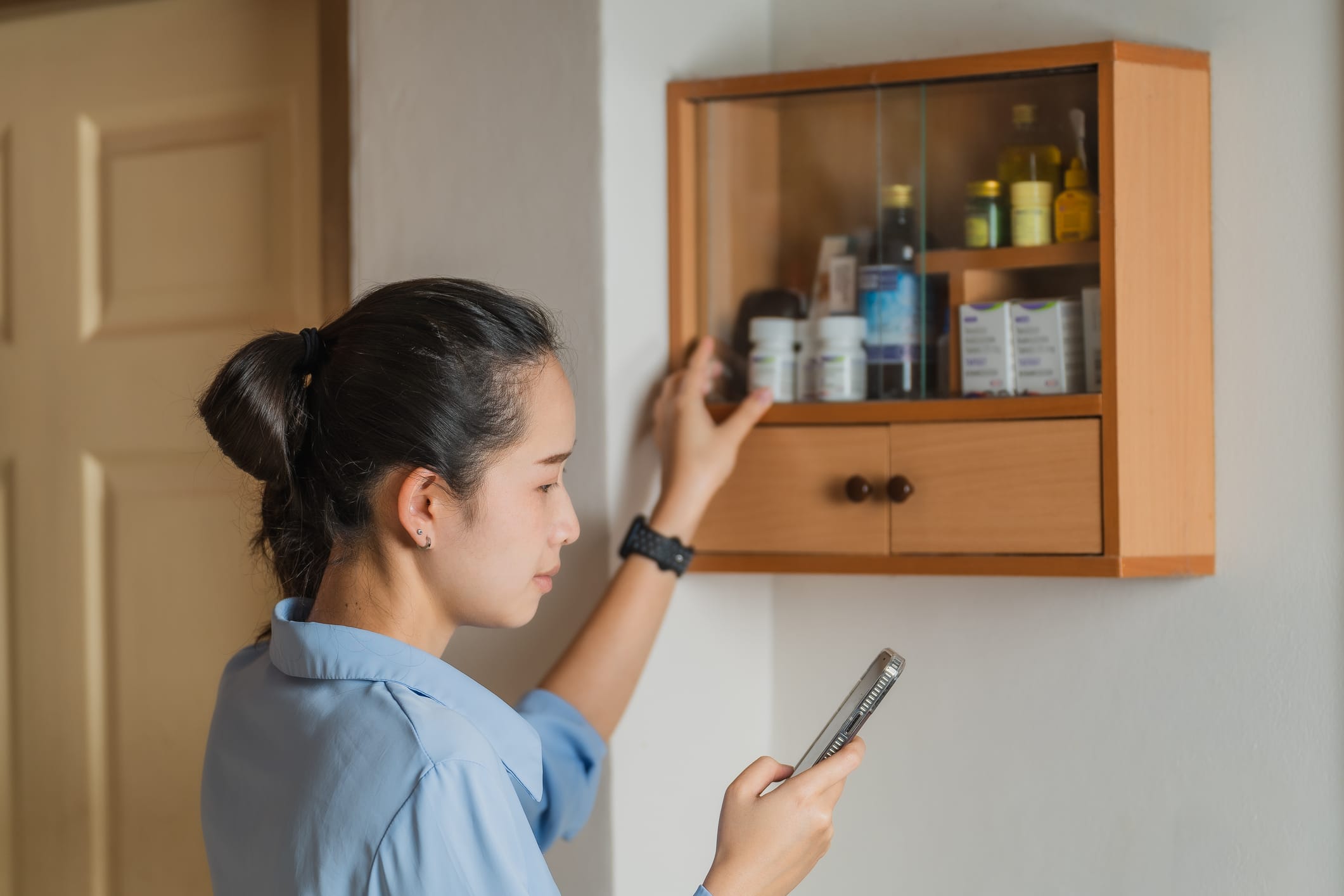People living with systemic mastocytosis (SM) need to be careful in their choice of medications, particularly pain relief or cough medicine, due to the risk of triggering an allergic reaction. Nonsteroidal anti‐inflammatory drugs (NSAIDs) such as aspirin and ibuprofen are a known symptom trigger. They are therefore not recommended for many patients with SM. Talk to your doctor about safe alternatives.
What are NSAIDs?
Nonsteroidal anti‐inflammatory drugs (NSAIDs) are mainly used in pain and symptom relief for headache, backache, menstrual pain, coughs, colds, flu and to reduce inflammation in sprains, arthritis, and to bring down a fever. Many NSAIDs can be purchased over the counter (OTC), though some need a prescription. They are available as tablets, capsules and suppositories, but also gels, creams and injections.
To reduce inflammation, NSAIDs block the enzyme cyclooxygenase (COX). However, this mechanism of action can boost the body’s production of leukotriene, which can in turn trigger mast cell activity. The use of NSAIDs can lead to a range of side effects even in people who don’t have SM. Because of these side effects, NSAIDs are contraindicated in patients who have liver or kidney problems — and many patients with SM.
NSAIDs and systemic mastocytosis
Your healthcare team will explain to you the risks of taking NSAIDs when you have SM and give you personalized advice. Similar to other SM triggers and associated symptoms, the severity of an allergic reaction to NSAIDs can vary from patient to patient.
Read more about SM signs and symptoms
In most people with SM, taking NSAIDs may lead to symptoms including skin irritations, such as flushing, itchiness and hives, as well as stomach pain, a drop in blood pressure, shortness of breath and even anaphylaxis.
However, some SM patients have been shown to tolerate NSAIDs that are COX-2 selective, which has a different side effect profile. In some cases, when NSAIDs are considered necessary, proactively taking H1 and H2 antihistamines and cromolyn sodium to stabilize the mast cells may be a solution.
What are safe alternatives to NSAIDs in SM?
Ask your healthcare team to recommend a safe alternative for NSAIDs. In most cases, acetaminophen (also called paracetamol) is considered safe for SM patients, with no risk of triggering symptoms. It is a non-opioid analgesic used to relieve mild to moderate pain and treat fevers. Recommended doses must be respected to avoid liver damage. Check with your doctor before taking any medication.
Sign up here to get the latest news, perspectives, and information about SM sent directly to your inbox. Registration is free and only takes a minute.

